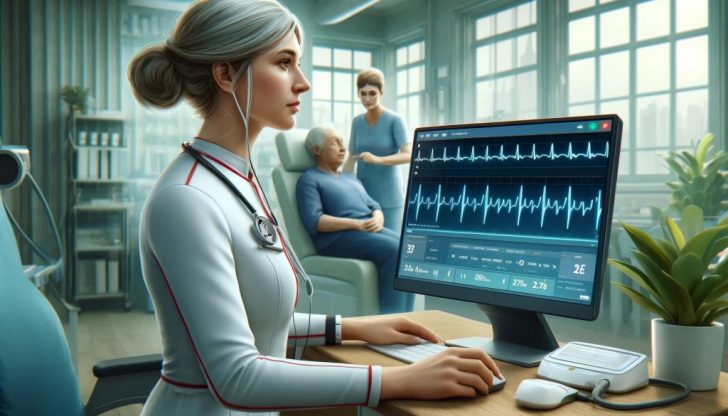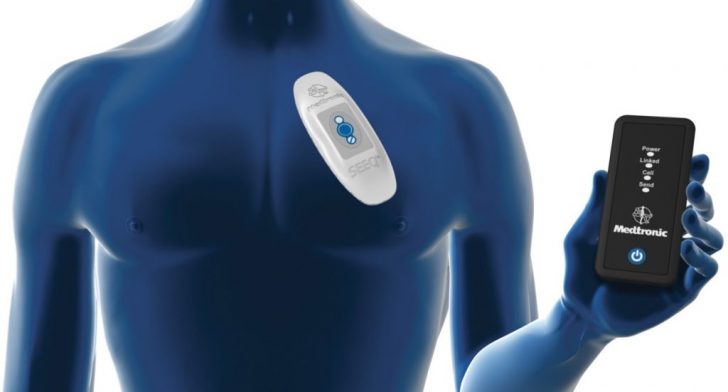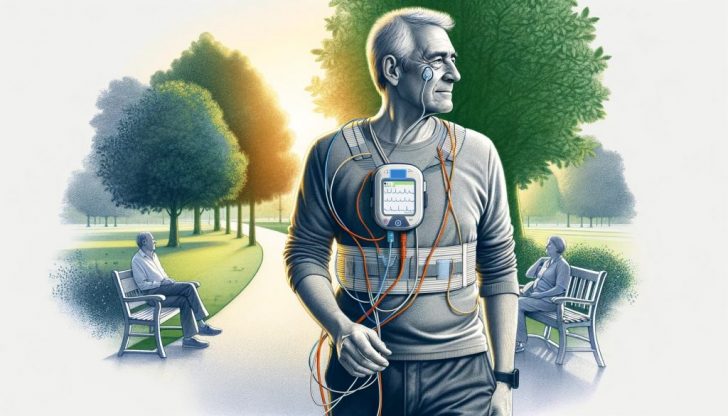Mobile Cardiac Telemetry (MCT) is a sophisticated system designed to track and transmit your heart’s electrical activity in real-time. Whether you are a healthcare professional, a patient dealing with heart issues, or simply a tech enthusiast, understanding how MCT works can offer deep insights into its life-saving capabilities.

This technology is particularly useful for detecting intermittent arrhythmias that might not be captured during a standard ECG test in a doctor’s office. MCT devices are small, portable, and designed to be worn by the patient, making them an integral part of day-to-day life for those requiring constant cardiac surveillance.
How Does Mobile Cardiac Telemetry Work?
At its core, mobile cardiac telemetry operates through a wearable device that records every heartbeat. This device is typically a compact, lightweight monitor attached to electrodes that adhere to your skin.

This continuous transmission allows specialized cardiac technicians to monitor your heart activity 24/7. If the system detects any abnormal activity, such as a dangerous arrhythmia, it alerts medical personnel who can then take immediate action.
This can include contacting the patient directly to recommend medical intervention. Thus, reducing the risk of heart complications and improving patient outcomes.
What are the Benefits of Mobile Cardiac Telemetry?
The advantages of using MCT are profound, particularly when it comes to the proactive management of cardiac health. Here are some of the key benefits:
- Early Detection and Intervention: MCT’s real-time monitoring capability means that it can catch abnormalities that intermittent monitoring systems might miss. This early detection leads to timely medical interventions, potentially saving lives.
- Convenience and Comfort: Because MCT devices are portable and designed for continuous wear, they offer a convenient option for patients. There is no need for repeated visits to a doctor’s office, and the discreet nature of the device allows patients to carry on with their daily activities without interruption.
- Comprehensive Data Analysis: With the ability to monitor heart activity over extended periods, MCT provides a more comprehensive analysis than traditional methods. This detailed data helps doctors make more informed decisions regarding treatment plans.

However, the use of MCT extends across various scenarios, from diagnosing unexplained fainting spells or palpitations to managing high-risk cardiac patients. MCT is particularly useful in the following applications:
- Diagnosis of Arrhythmias: For patients who experience symptoms sporadically, MCT can help capture and diagnose episodic arrhythmias.
- Post-Heart Attack Monitoring: After a heart attack, continuous monitoring is crucial. MCT allows doctors to keep an eye on a patient’s cardiac health as they recover at home.
- Medication Management: For patients on new heart medications, MCT can monitor how well the treatment is working and if any adjustments are needed.
So, Mobile cardiac telemetry is a dynamic and essential tool in the arsenal against heart disease. Its ability to provide real-time, continuous, and comprehensive cardiac monitoring makes it a cornerstone of modern cardiac care.
As technology continues to evolve, the scope of MCT’s applications and its impact on cardiac health care will likely expand, continuing to improve the quality of life for patients around the globe.




